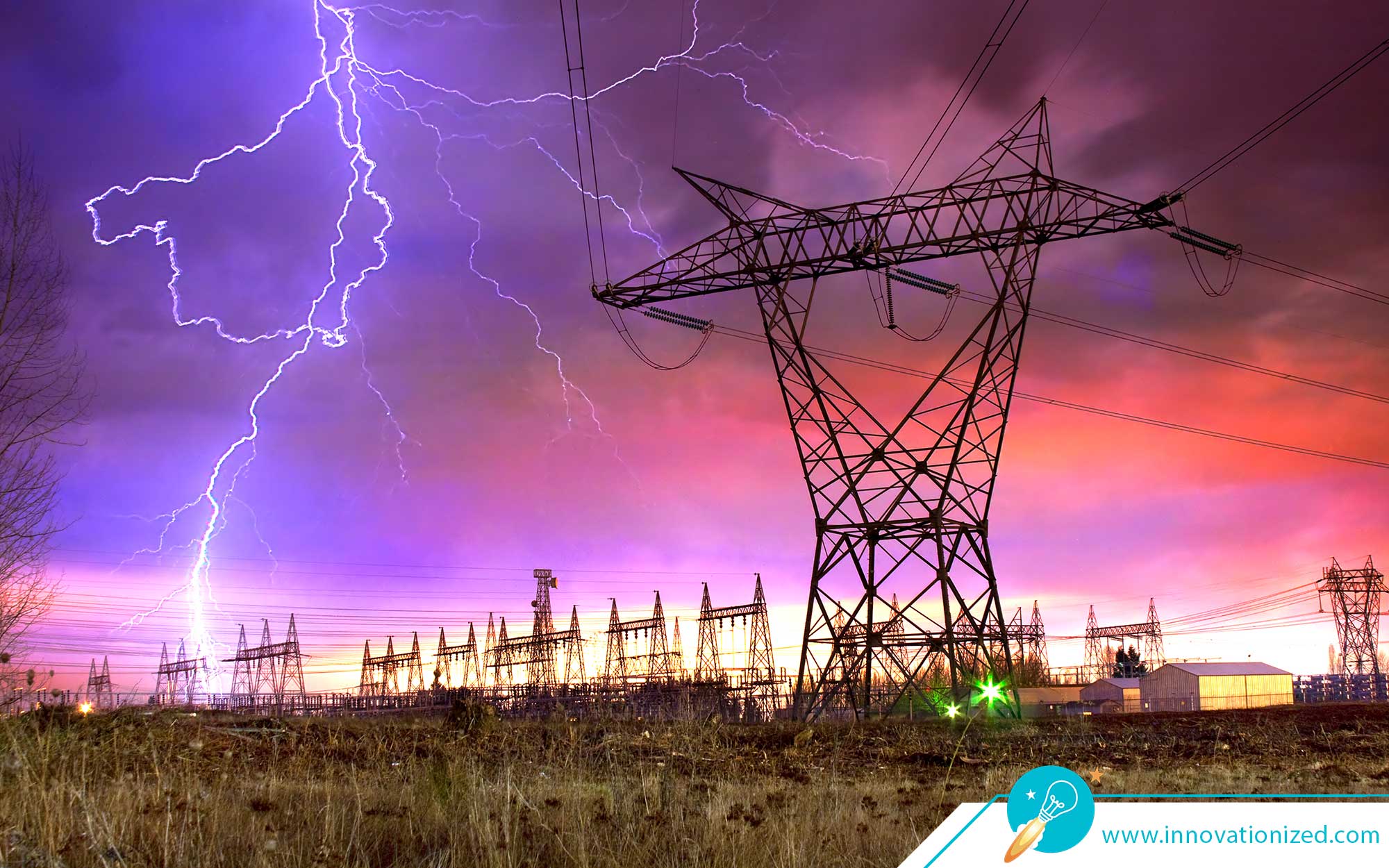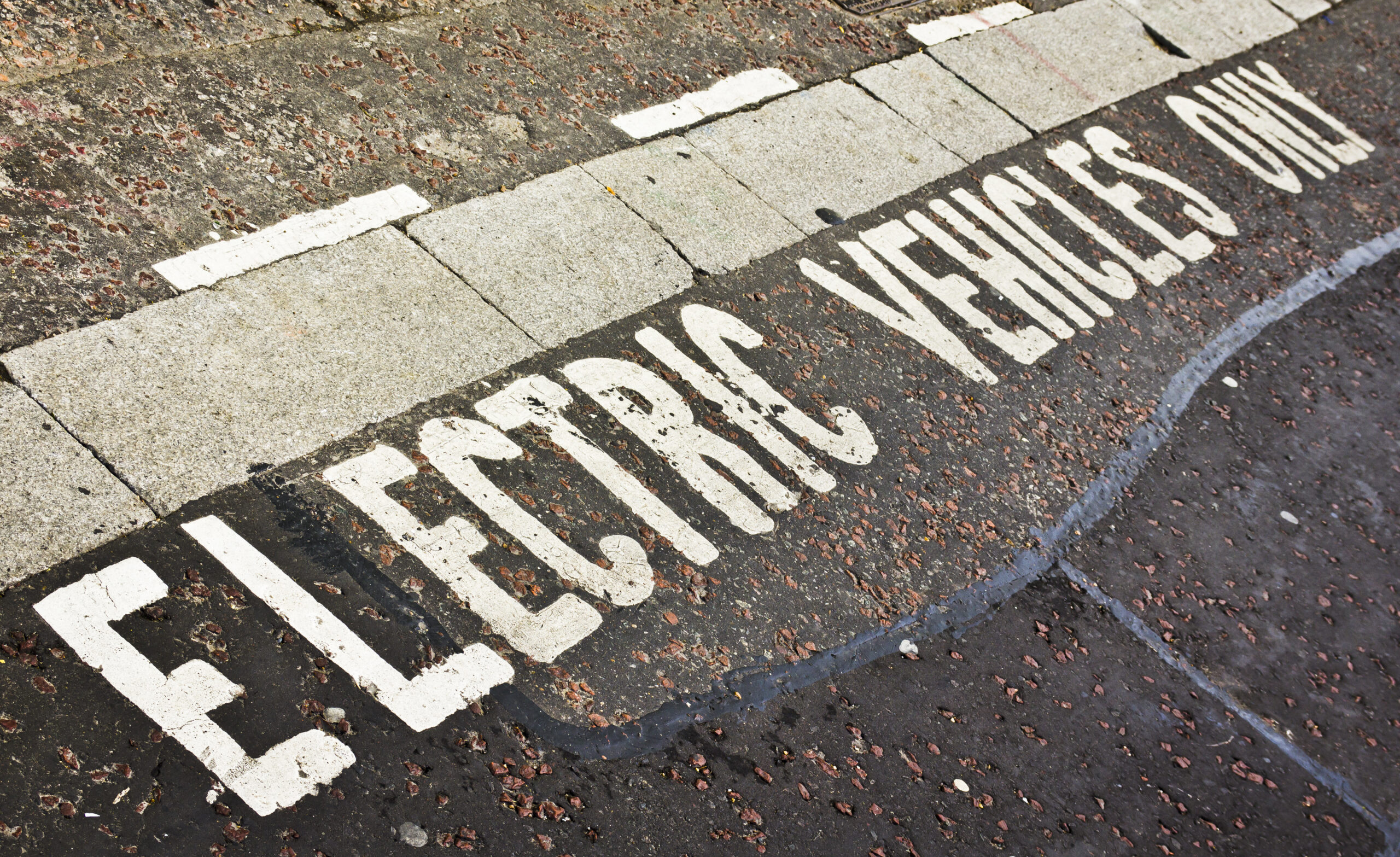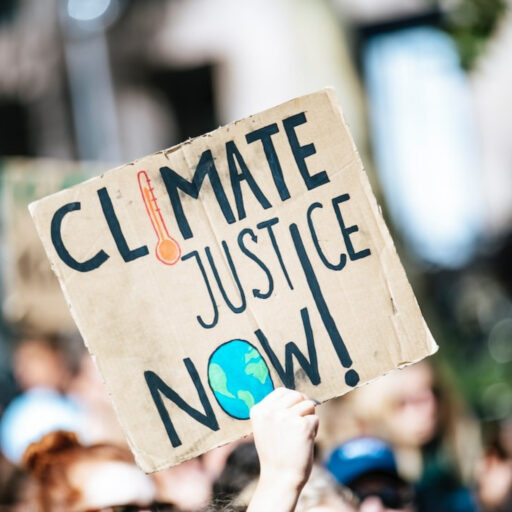How the government is restricting rights and waging a war on energy under the guise of a “climate emergency”
Every source of energy, every means of transporting energy, and many uses of energy are regularly opposed by groups self-identified as environmentalists.
No Nukes! Stop mining coal!
No drilling for oil! Don’t dam that river! No windmills. Farms are for food, not solar panels! No oil tankers! No pipelines! No coal trains! No transmission lines! No power plants! No fracking! No natural gas!
Turn down your thermostat! Turn off your air conditioner! Hang our laundry in a clothesline!
Take your bike! Don’t fly! Turn off the lights! Drive 55! Better yet, don’t drive! Don’t eat meat!
The Environmental Excuses for Restrictions on Choice and Energy
The number of “environmental” reasons for these oft-repeated admonitions is huge.
One of the main reasons was “efficiency.” In our modern world with central heating, air conditioning, adequate lighting, automobiles, trucks, trains, airplanes, radio, TV, internet, paved roads, and thousands of other conveniences, we in the US use only about three times as much energy per capita as did our ancestors in Ben Franklin’s time.
In our modern world, we in the US use only about 3x as much energy per capita as did our ancestors in Ben Franklin's time. Click To TweetEverybody is always on the lookout for a more efficient way to do things, and the result has been a truly vast improvement in efficiency, and almost entirely voluntarily, motivated by the desire to save money.
“Climate Crisis!” The Universal Motivation for Today’s Attacks on Energy
Now. to save the world from the “climate crisis.” the Consumer Product Safety Commission, under the leadership of Richard Trumka, Jr., has taken up the “climate change” cudgel to ban gas stoves. Lieberman writes [1]:
“This is a hidden hazard,” Mr. Trumka said in an interview with Bloomberg News. “Any option is on the table. Products that can’t be made safe can be banned.”
The comment sparked a strong consumer backlash, forcing the Biden administration to deny that its regulators were doing such a thing. But they most certainly were and still are. The gas stove kerfuffle is merely one piece in a larger campaign against consumer appliances, all in the service of President Biden’s climate change agenda. [Emphasis added.]
The larger campaign includes highly restrictive regulations on lighting, furnaces, washing machines, dishwashers, and air conditioners by the Consumer Product Safety Commission, the Department of Energy, and the Environmental Protection Administration [1]:
Dishwashers… the Energy Department last Friday proposed more stringent energy and water-efficiency requirements for dishwashers –even though the current regulations are already causing problems for consumers. It now takes at least two hours to do a load of dishes. twice as long as it did in pre standards models.
Air conditioners. A new Energy Department efficiency standard for central air conditioners took effect on January 1st, and according to several installers, has raised the cost of a new system by up to $1,000. That is a painful regulatory boost for any appliance, but especially one like air conditioning, which is a proven life-saver. Getting in on the fun, the Environmental Protection Agency proposed its own ban on the most affordable remaining air conditioner models on grounds that they are insufficiently climate-friendly.
…To make matters worse, Energy Department regulators have proposed first-ever efficiency standards for residential stoves, motivated in part by the agency’s “need to confront the global climate crisis.” [Emphasis added.]
Energy Transformers
Not content with manipulating people’s choices of household appliances, in the name of efficiency, the Biden administration is making the manufacture of transformers well-nigh impossible.
Energy loss in power lines is lowest when the transmission voltage is highest. Conversion of generator voltage to high voltage at the power plant requires transformers, as does the conversion from high voltage to household voltage. EIA’s data for 2022 show that transmission and distribution (T&D) losses, averaged over the US were a mere 5.4% of the electrical energy generated. Writing in gridbrief.com, Emmet Penney says [2]:
A new regulation from the Biden administration is about to make it harder to produce transformers right when they are in high demand.
The new regulation demands that transformers be made with a more efficient steel that the industry has no experience using. Environmentalists have touted the new rule, which debuted in December of last year, as energy saving.
Just think how much improved the US grid system will be if the T&D efficiency increases from a pathetic 94.6% to maybe 96%!
EPA Enforces the Climate Agenda
Of course, the EPA has been busy enforcing the “climate” agenda. The law firm of Van Ness Feldman, LLC keeps track of governmental legislation. They write [2]:
On May 11, 2023, the U.S. Environmental Protection Agency (EPA) proposed new carbon dioxide (CO2) standards for power plants under the Clean Air Act. In the proposal, EPA sets emissions limits for certain existing, modified, new, and reconstructed fossil fuel power plants based on factors including size, how often the plant runs, and retirement dates.
EPA’s proposed rules say that [2]:
any coal fired power plant intending to operate past 2040 would have to install a CCS (carbon capture storage) system that captures 90% of its CO2 emissions by 2030. In addition, any large, frequently operating natural gas-fired power plant would have to either install a 90% capture CCS system by 2035 or operate nearly entirely on clean hydrogen by 2038.
“Clean hydrogen” is hydrogen hydrolyzed from water by energy from sunbeams, breezes, or chicken manure, or harvested from the sun at night. The motivation is (you guessed it) “climate change” [1]:
In 2022, Congress passed the Inflation Reduction Act (IRA), a landmark investment in combatting climate change, which included new and expanded tax credits as well as federal funding for hydrogen production: carbon capture, utilization, and sequestration (CCUS); and renewable energy production and infrastructure. [Emphasis added.]
References
[1] Ben Lieberman, “Biden Cracks Down on Gas Stoves and Much More: The administration’s climate-change crusade is also coming for dishwashers, furnaces and light bulbs.” Wall Street Journal, May 10, 2023.
[2] Emmet Penney, “The Great American Transformer Shortage,” May 25, 2023, https://www.gridbrief.com/p/massachusetts-dismisses-battery-projects-france-bans-short-haul-flights-great-american-transformer-s






